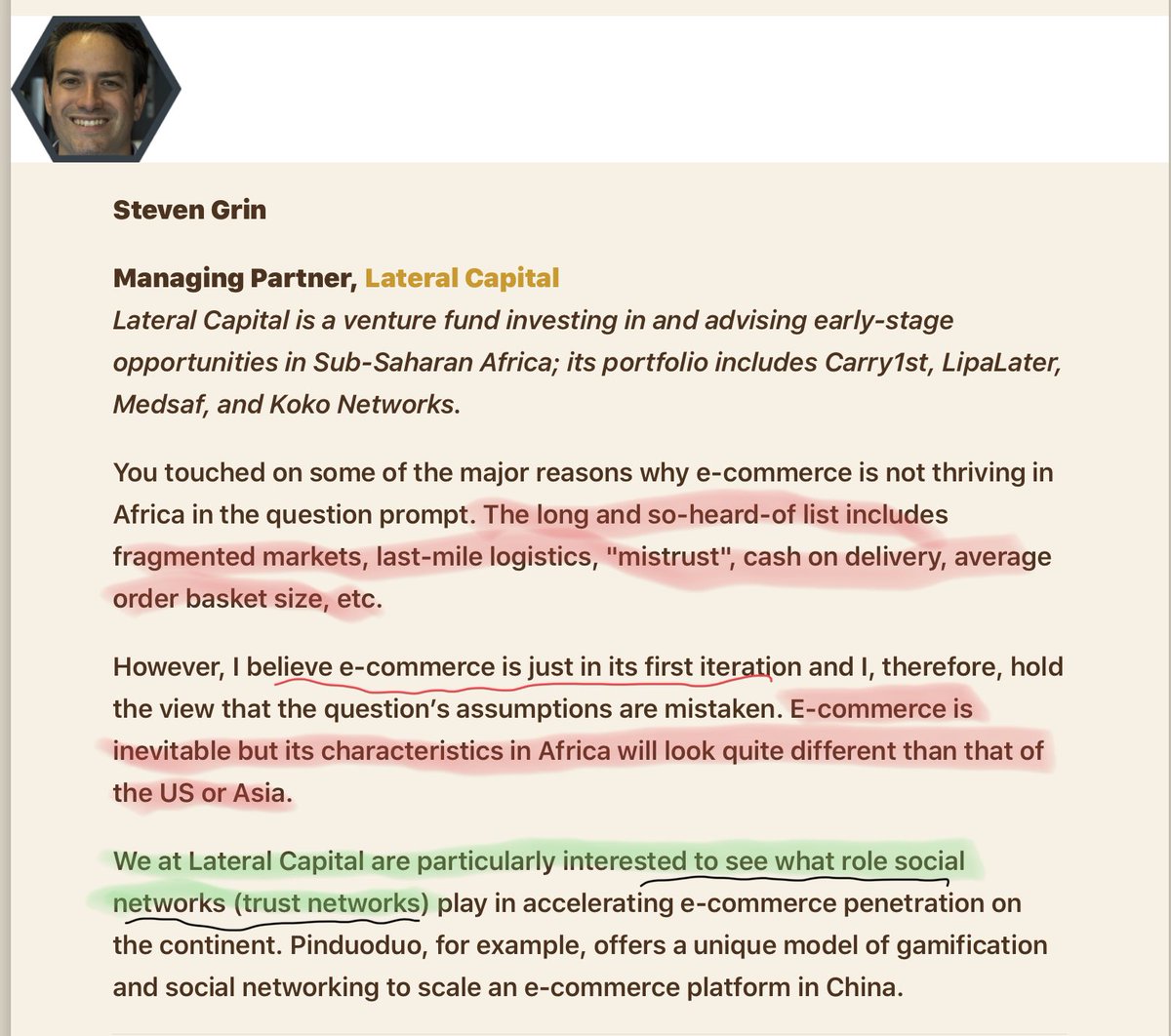
The state of Crypto In Africa for startups and business can be summarized in this one chart where REGULATION is the most significant event
Why?
Why?

Right now (pre regulation) the only models that seem to work are peer to peer marketplace models like Paxful, Binance P2P, localcryptos, Localbitcoins and other startups that have incorporated P2P models
These models work b/c the company, like Paxful, need not have a bank account to intermediate trades. Crypto Trades are between peers and fiat settlement transfers for such are between peers/ individual accounts
If you building a model that requires the company to intermediate fiat transfers, then you can only succeed in Uganda 🇺🇬 where the rules are flexible. For example Chipper cash, Luno, Binusu are in Uganda 🇺🇬 processing fiat using mobile money/ bank gateways
Fintechs that wish to pivot to crypto, such as offering exposure to crypto assets, require fiat rails like bank/mobile money gateways. Pre-regulations means they cannot, apart from favorable jurisdictions like Uganda 🇺🇬 (where chipper cash, a Fintech is active w/ crypto product)
Nigeria 🇳🇬 and Kenya 🇰🇪 financial systems are presently anti crypto. So, no fiat rails for crypto
South Africa 🇿🇦 is closer to favorable, there’s been talks of regulatory frameworks meaning, fiat rails access for Pure crypto companies AND Fintech companies w/ crypto products
South Africa 🇿🇦 is closer to favorable, there’s been talks of regulatory frameworks meaning, fiat rails access for Pure crypto companies AND Fintech companies w/ crypto products
To get a good sense of what I mean, all you need to do is track
a) pure crypto companies like Luno, Buycoins
b) hybrid crypto /Fintech companies like Chipper Cash
Where they can push crypto products w/ fiat rails tells you the state of crypto regulations in that jurisdiction
a) pure crypto companies like Luno, Buycoins
b) hybrid crypto /Fintech companies like Chipper Cash
Where they can push crypto products w/ fiat rails tells you the state of crypto regulations in that jurisdiction
Right now, the most significant hold up to more meaningful crypto adoption / use cases / crypto product explorations is... regulation
Hence, post regulation unlocks doors for
a) pure crypto companies
b) hybrid crypto companies / Fintechs / even banks...
Hence, post regulation unlocks doors for
a) pure crypto companies
b) hybrid crypto companies / Fintechs / even banks...
Critical question here:
How will post regulation affect ecosystem? B/c it could open doors for foreign companies w/ accumulated experience, liquidity, other competitive advantages eg Binance, Coinbase ?
How will post regulation affect ecosystem? B/c it could open doors for foreign companies w/ accumulated experience, liquidity, other competitive advantages eg Binance, Coinbase ?
A problem for founders/ startups to contemplate
/end
/end
• • •
Missing some Tweet in this thread? You can try to
force a refresh







